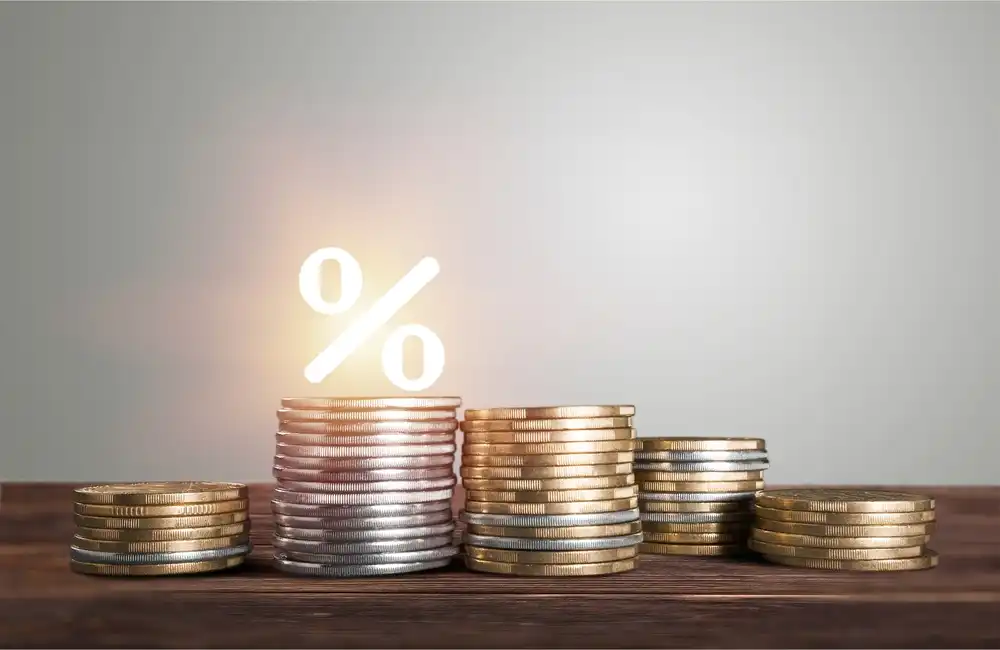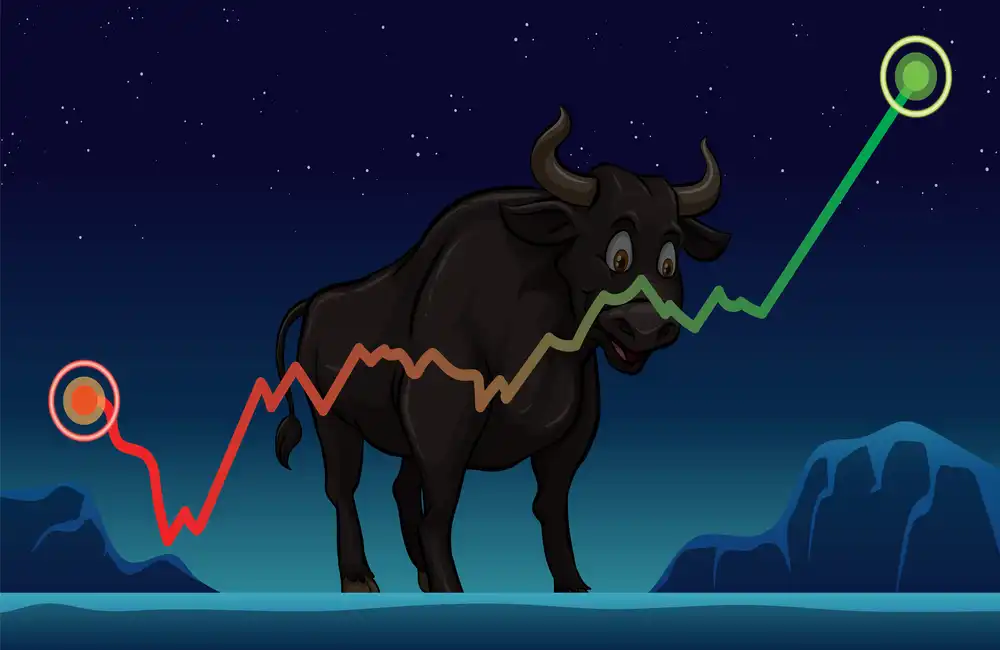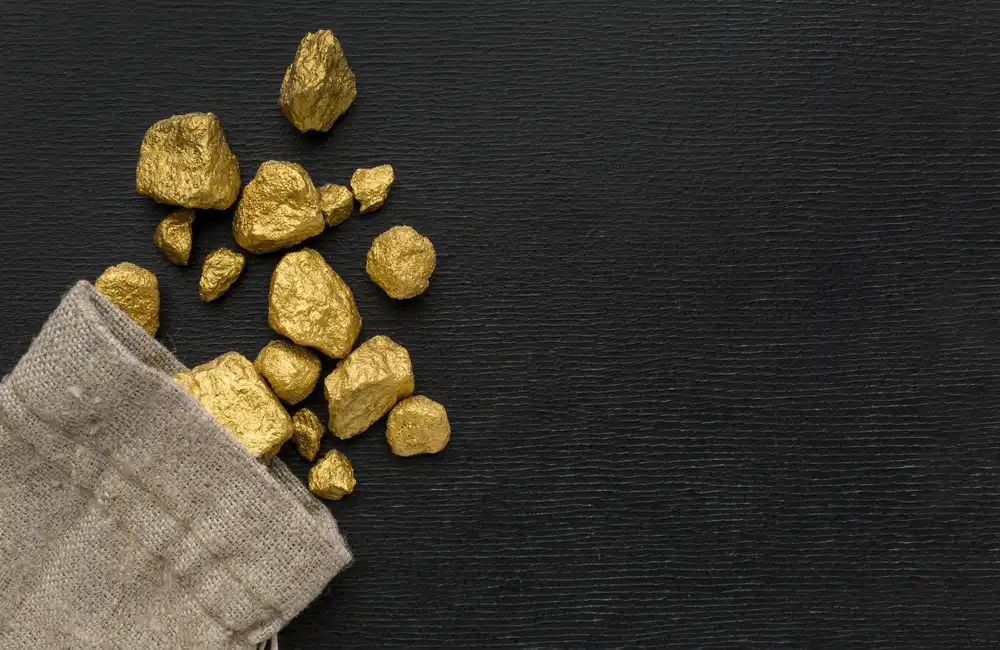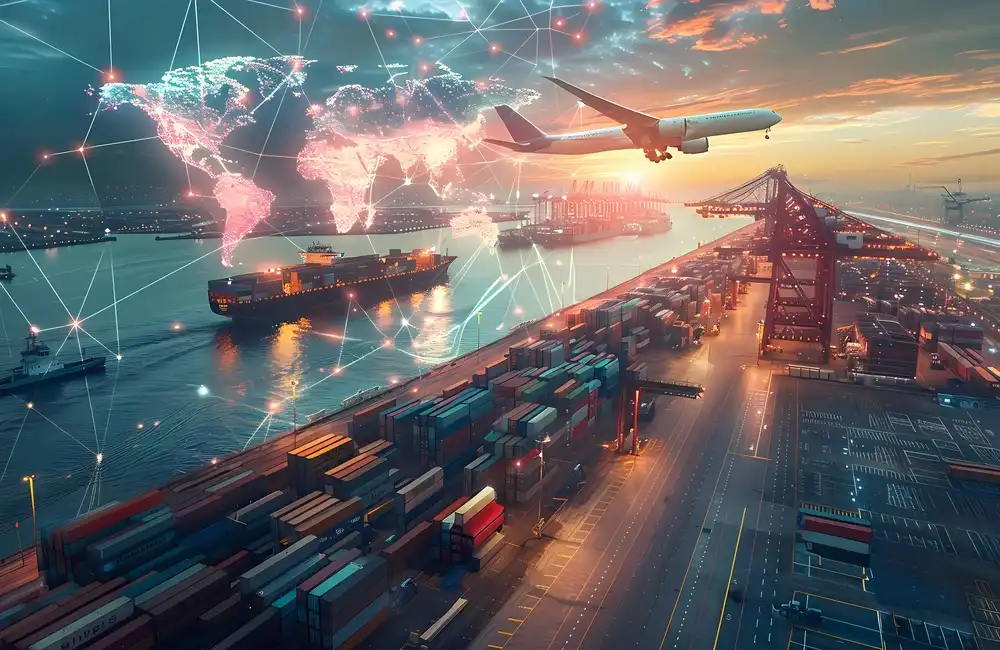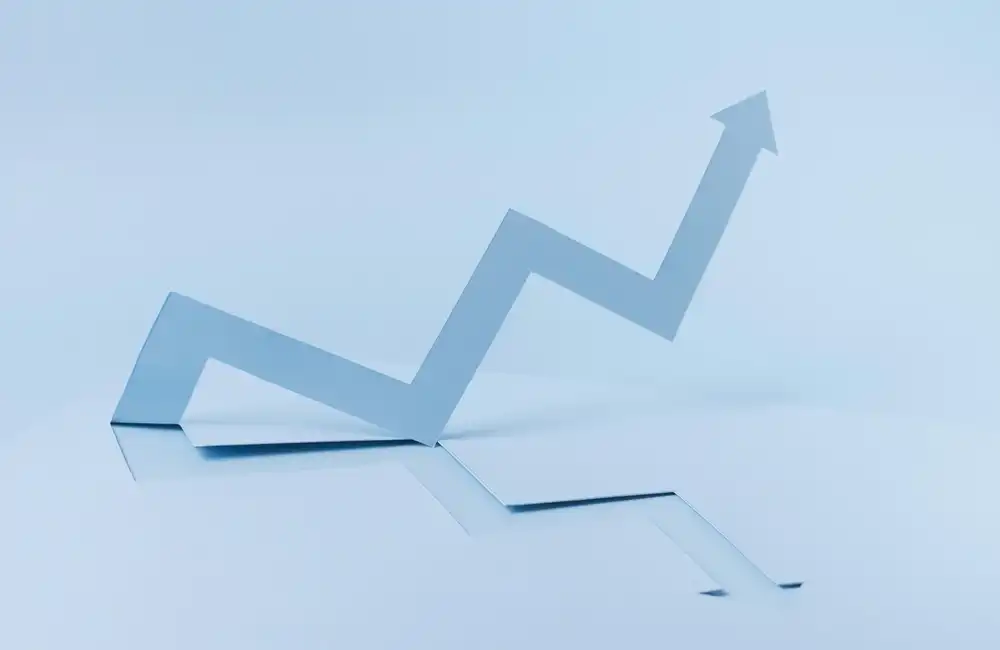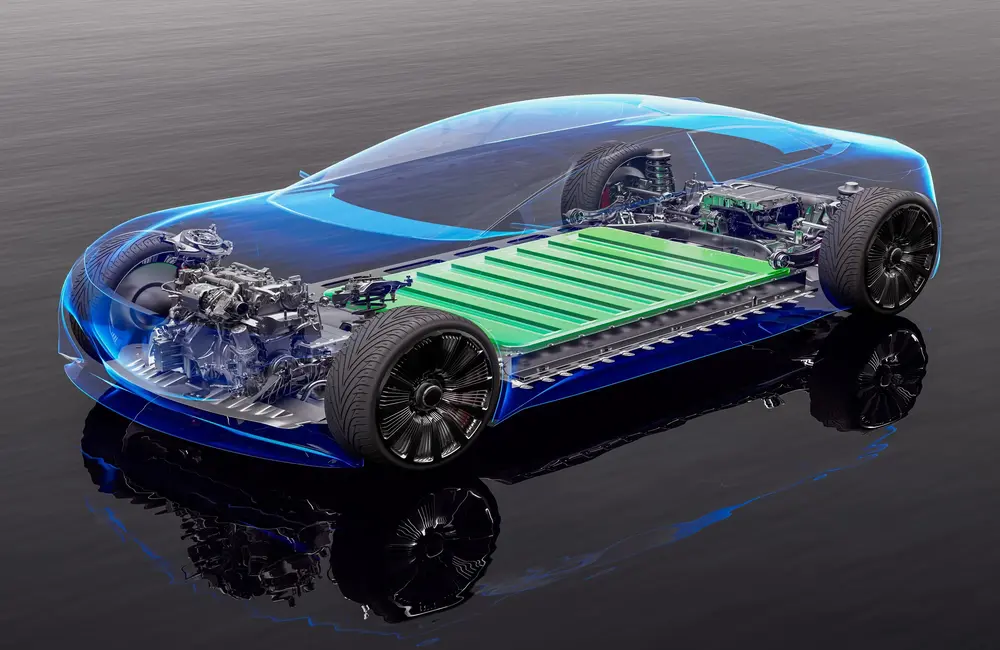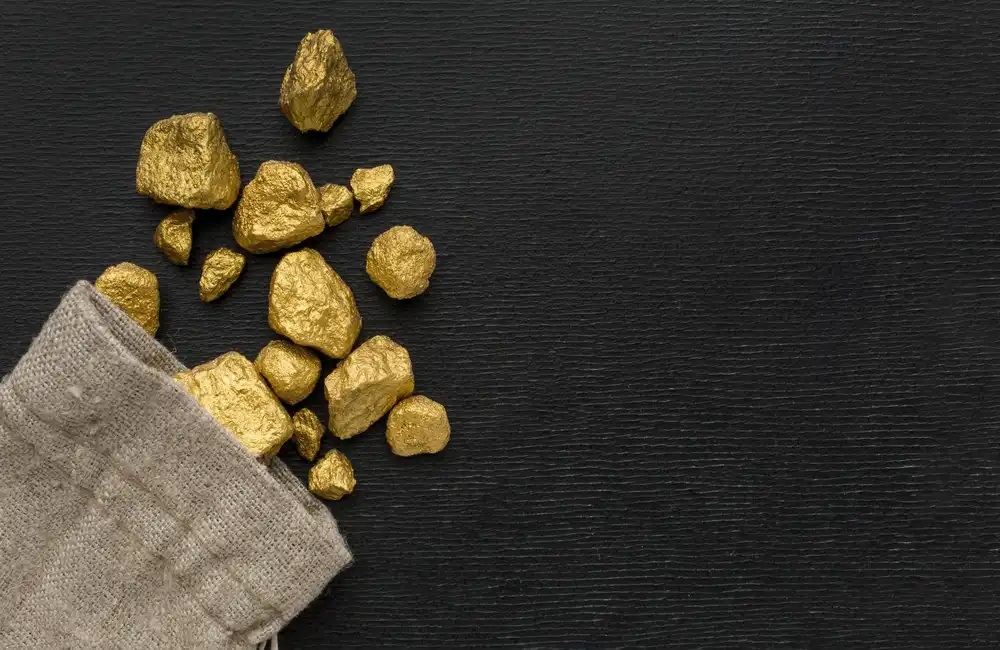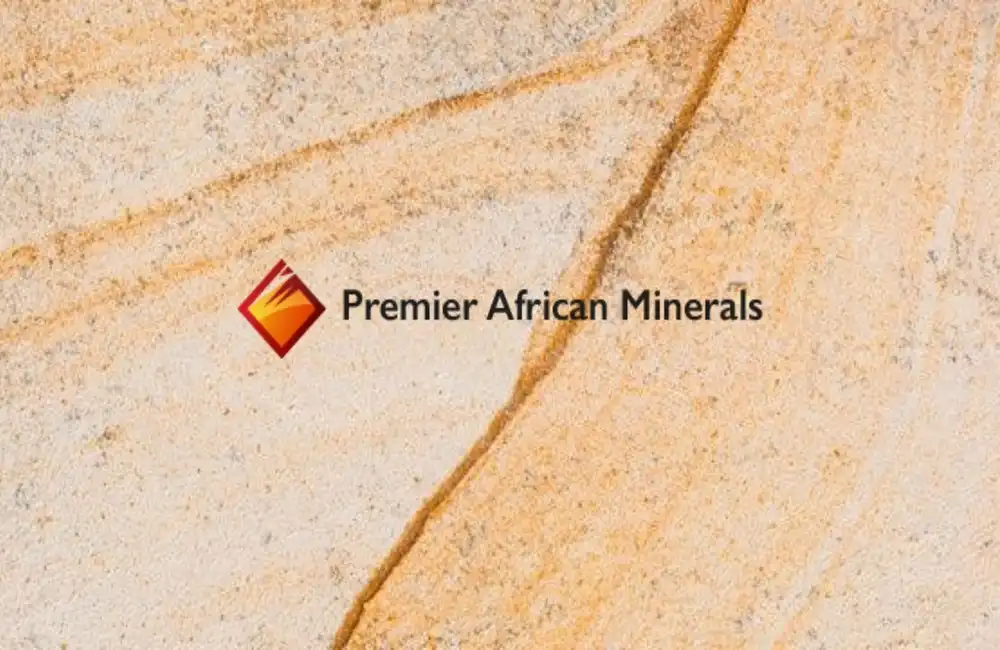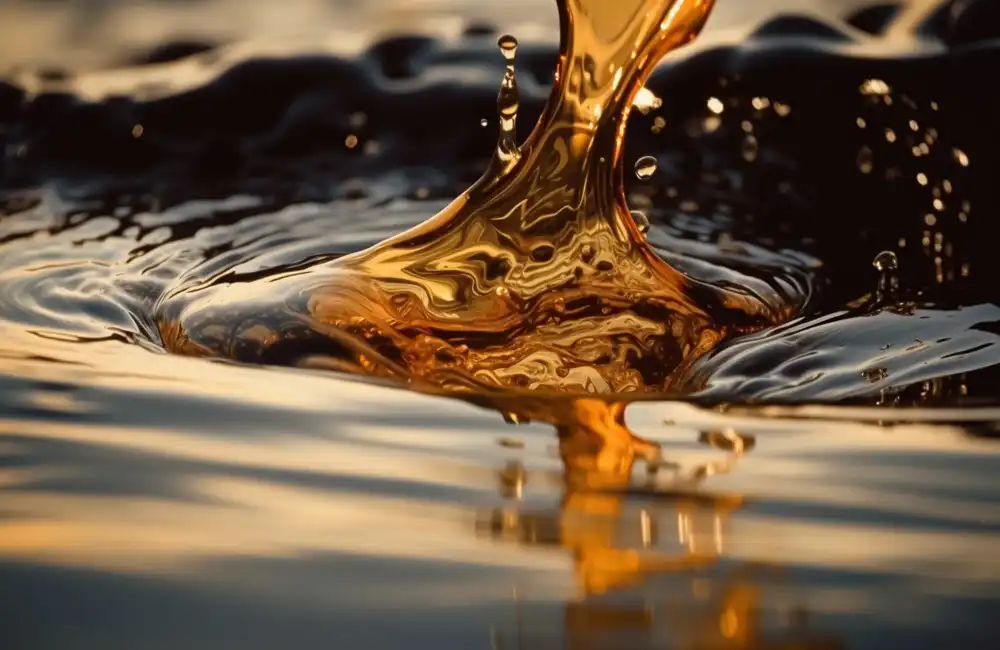There could be opportunities for Australia and the UK to form a more integrated battery supply chain to serve the electric vehicles market, the industry participants added Nov. 24.
Such a supply chain could circumvent China’s existing dominance of battery metals supplies, which is considered problematic from the standpoint of pricing, environmental, social, and governance or ESG criteria that are becoming ever more important to vehicle manufacturers and their customers.
Participants on a webinar titled < i > Bridging the Gap Between Miners and OEMs and organised by the Critical Minerals Associations of the UK and Australia agreed that government support in the forms of funding, incentives and wider educational outreach would be key to establishing alternative supply chains.
“Governments have to realise that battery materials are strategic national assets, and if we don’t invest and if the governments don’t help, China is going to get 100% of the market,” said Quentin Wilson, a UK-based automotive sector journalist who wants to bring consumer awareness to the environmental and social significance of EVs. “It’s super, super capital-intensive and the governments have to play a role.”
What he said: China’s rare earths processing industry is 100% government-funded, Wilson noted.
Stephen Grocott, the chief executive of Queensland Pacific Metals in Australia, which has a carbon negative nickel processing project, said he was astonished at the high carbon intensity attached to nickel manufactured in Indonesia, processed in China and used in electric vehicles around the world, “without accountability.”
Lithium
Western Australia is the world's biggest producer of spodumene, or lithium ore, an important component in EV batteries. “It is sold immediately on offtake arrangements into China, which currently controls around 90% of the global lithium supplies,” said Jeff Townsend, founder and chief executive of the UK’s Critical Minerals Association (CMA) and John Walker, chief executive of stock-listed UK firm, Tees Valley Lithium, which is developing lithium processing facilities in both the UK and Australia.
Now it’s a matter of seeing “how we can bring Australian upstream and UK downstream together,” Townsend said.
EV Metals Group plc (EVM), the global battery chemicals and technology business, established the Australian Lithium Alliance earlier this year as a strategic initiative to work collaboratively with Australian companies to fast-track exploration, development, mining, and processing of lithium minerals. This is intended to offer via joint ventures and off-take agreements, “an alternative to Chinese companies, and allow EVM to gain access to the spodumene concentrate in Australia that will ultimately be sold to the chemicals processing companies in China,” according to EVM’s website.
“We have the opportunity of a lifetime to build a robust and sustainable non-China automotive supply chain,” Walker of Tees Valley Lithium said. “From the mine to the metals, we have to completely change the way we supply chain between the carmakers and the producer so we don’t use high-carbon materials in lithium processing, including caustic so feature, and instead of sulphuric acid, which won’t be available anymore, have that powered with green energy.
Saudi Arabia may play a part
Saudi Arabia is also likely to feature in the alternative supply route for battery materials, as it aims to develop mining and metals as the third pillar of its national development, reducing the economy’s dependence on oil and petrochemicals.
EVM is spending about $3.9 billion in Saudi Arabia to build a battery chemicals complex producing cathode active materials to supply EV creators, for export to global supply chains. Four processing lines to make 100,000 mt/year of lithium hydroxide monohydrate and three processing lines to make 450,000 mt/year of nickel sulphate will be located here. The lithium chemicals plant of the complex will begin construction in Q1 2023, EVM's website says.
EVM CEO Michael Naylor said: “We are excited to be building a chain from critical minerals in Australia to downstream in the U.K.”
Lithium prices have more than doubled this year on demand from the EV batteries sector in a tight market. Lithium carbonate was assessed on Nov. 22 at $78,000/mt up $300/mt from Nov. 21, and $1,300/mt higher than for Nov. 15. Lithium hydroxide was flat on the day and down $100/mt on the week at $84,000/mt, data from showed.
Financing
China’s dominance in the midstream to convert spodumene into precursor cathode materials that can feed a battery puts it in a strong position to negotiate offtake agreements for Australian spodumene, Townsend said. Because China has the processing facilities, it can obtain financing for offtake agreements, “and for the Australian spodumene producers, China’s been the only game in town,” he said.
“We need to develop global midstream capability beyond China. But it’s also the most capital-intensive part of the operations: A midstream, it could be anywhere from $350 million to $500 million to set up,” the CMA CEO said.
“As an industry, we need to work with the government,” Naylor agreed.
There’s “a complete disconnect” between government decarbonization goals and what’s happening in the EV supply chain industries, particularly since the UK, Europe and US do not have the midstream facilities to give their EV industries cathode active materials, said Naylor. Building a supply chain can take eight years, he said.
“Europe and the US rely on around 80% on imported midstream,” said the EVM CEO. "The way that the Inflation Reduction Act is structured in the US means that the US is going to have to build midstream -- this gap is something that is a challenge for the government."
The IRA, unveiled in recent months, could limit imports of some key minerals from certain jurisdictions into the US, making the construction of domestic battery materials chains more pressing.
The CMAs will produce a joint UK-Australia report containing recommendations as to how best to progress bilateral cooperation to establish new supply chains specifically in the batteries sector, Townsend said.


